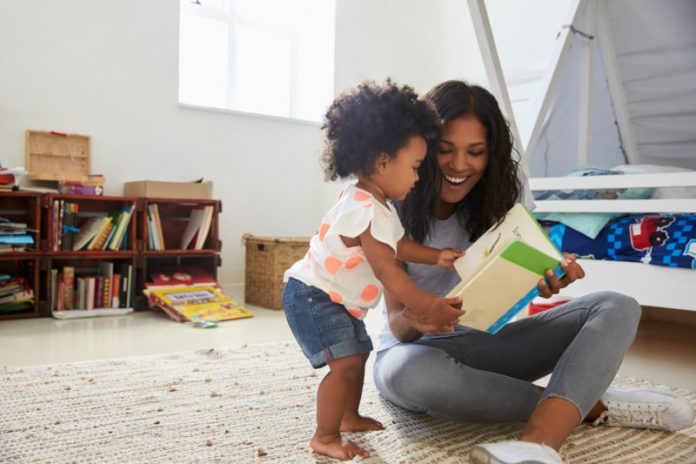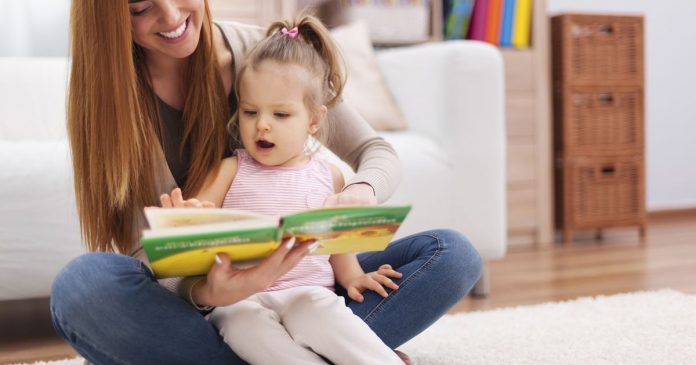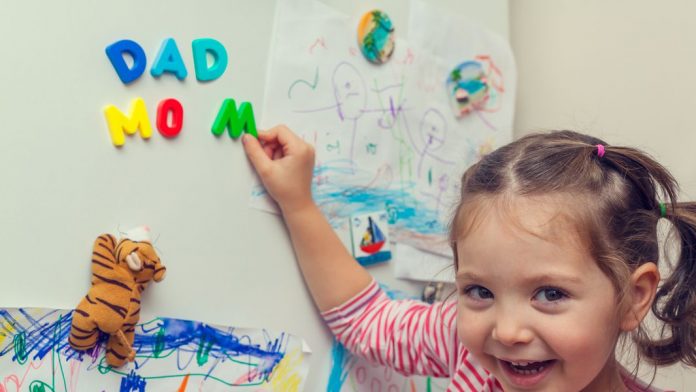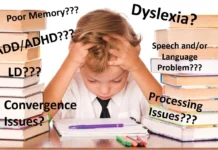
Building early literacy skills in your child truly takes a village. You show them how to read, how to listen, and how to communicate.
Unfortunately, a large number of children, about 34 percent, are not getting the skills and training they need by the time they’re in the fourth grade. You and your village can stem the tide of childhood illiteracy by following these protocols.
If you need a professional preschool that’s designed to prepare your child for life and foster literacy, visit for more information about The Learning Experience.
1. Read to Them Before They Are Born

Countless studies have found that early literacy skills can be developed before the child is even born. You read and talk to your child while she is in utero, and she uses that to form the basis of her own language skills.
Read books of all types to them from the get-go. It doesn’t have to be children’s stories. It can be whatever you like to read.
The goal is to get them used to the language. How it sounds, word choice, inflection, and the act of communicating.
2. Expose Them to the Act of Reading
The act of reading remains important to early childhood literacy after childbirth. By defining it as an act, we mean that it goes beyond the auditory. Yes, it’s still important for your toddler or preschooler to hear the language, but this is where you get to show them what reading looks like as well.
Lap Time storytime is so important for little kids. That’s because it gets them focused on what words look like, how sentences are structured, and how we read lines from left to right.
3. Choose Books That Appeal to Their Senses

Any early literacy academy worth its salt will feature books that are interesting not only in imagery but senses. When your baby is entering the toddler phase especially, bring in books that allow the child to associate their sense of touch with the images and words on a page.
Think of a book about the animals on Old McDonald’s Farm that pair textures to the animal (i.e., ribbed smoothness for turtles, soft hairs for cows, feathers for chickens, etc.). Board books are great examples of pairing words, images, and touch senses nicely.
4. Get Them Socializing
Much about what early literacy revolves around socialization. Take your child to see close relatives and schedule playdates with children their own age.
These types of scenarios give you a chance to model language as communication at the adult level (something to aspire to), as well as with other children (allowing them to communicate how they can on the level where they are). When it comes to building those literacy skills, communication opportunities are vital.
Just don’t get frustrated, draw attention to it, or force it. Rome wasn’t built in a day, and your child isn’t going to pick it all up at once, nor will they learn at the same pace as other kids.
Give it time. Your little ones are storing away a lot more information than you think, and you’ll find that out as they get older and are able to recall bits of useful language strategy that you didn’t even remember teaching them.
5. Consider a Points System

As your children get older, it can become challenging to keep them focused on early literacy activities. Things like television, YouTube, and various games and apps are the shiny objects that parents of today have to worry about.
Never fear! One, these things aren’t necessarily bad. In fact, the American Academy of Child & Adolescent Psychiatry says it’s fine to give a child between the ages of two and five non-educational screen time of “about 1 hour per weekday and 3 hours on the weekend.”
Secondly, you can actually use them to your advantage by only allowing screen use with an educational component to it or using screen time as an incentive for the child exploring other interests, such as reading. And if the thought of any screen time appalls you, just use another incentive.
This could be two points per chapter book and one point per storybook. Once your child reads enough to earn, say, 50 points on his own, he can cash it in on a reward of some kind.
6. Read More Books and Watch Less TV
If children see you binging Netflix with your spare time, they’re going to adopt that as the model for what it means to relax. You have control here.
If reading and literacy are important to you, then let your child see you unwinding with a good book instead of a good television show or burying your head in your phone. The more they see you do it, the more they’ll associate reading with being a worthwhile recreational activity.
7. Read Together

As your child’s literacy skills increase, empower her to take the lead when it comes to reading. She’ll probably still want you there to help with the big words or to take over when she gets tired.
Step up, and do it. You won’t regret it. That time is vital because it gets you close physically and enables them to ask you questions and converse, and it serves as an effective model for reading to learn or reading to be entertained.
8. Visit Your Local Library
Libraries are great for two reasons. One, they have computers and coloring and kids’ sections and lots of other fun things related to books. Two, they have librarians.
Librarians are enthusiastic about reading and great with children, and they understand how important it is to connect parents and kids alike to the world of literacy. They can provide you with a lot of tips that foster an independent love of reading.
9. Choose a Daycare That Teaches Literacy

Daycares and preschools that offer actual instruction time are a godsend when it comes to building your child’s literacy skills and getting them ready for school. They provide one-on-one instruction, modeling, and independent reading time for children to grow into the world of words.
Choose carefully, though. Some are just there to make sure your child doesn’t ram a fork into a light socket, while others take the act of learning seriously and have the staff do it well. Research first.
10. Building Early Literacy Creates a Lifelong Learner
Establishing early literacy skills is about more than reading. It’s about interacting with other people, as well as a variety of subjects and topics that will be important in forming the basis of a child’s character as he develops. Using the tips we’ve mentioned above will set them on the right path.











